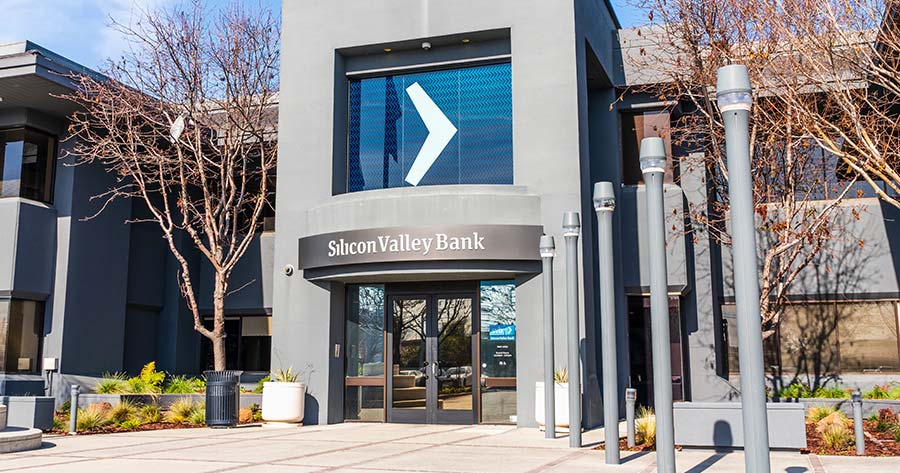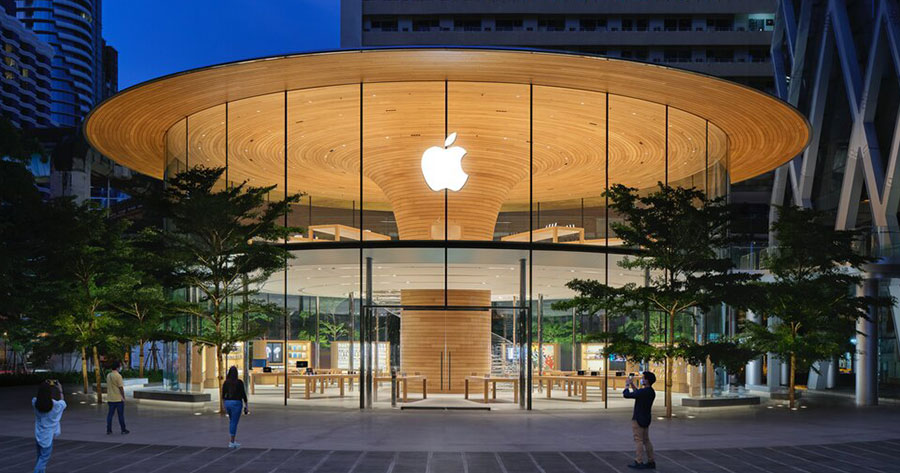Financial regulators on Friday ordered Silicon Valley Bank (SVB) to shut down and named the Federal Deposit Insurance Corp. (FDIC) to take control of the bank’s deposits.
After the shutdown, the FDIC created the Deposit Insurance National Bank of Santa Clara, which now holds the insured deposits from SVB.
According to the announcement from the FDIC, insured depositors will be able to access their deposits no later than Monday morning. SVB’s branch offices will be reopened at the time as well, but under the control of regulators. However, 89% of SVB’s $175 billion in deposits were uninsured as of the end of 2022, and the progress remains uncertain at this point.
The share price of SVB Financial Group plunged 60% on Thursday after the news broke out and the securities were halted from trading on Friday. The drop sent the company’s market capitalization below US$7 billion, after the business disclosed plans to raise more than $2 billion in capital to help offset losses on bond sales.
The lender began a share sale on Wednesday with a total offering of US$1.75 billion in an effort to bolster its balance sheet and handle dwindling deposits from startups that are battling higher spending and a lack of available money.
In a statement published on Wednesday by CEO Greg Becker, the business stated that it had sold “substantially all” of its available-for-sale securities and that it was attempting to raise US$2.25 billion in total through the sale of common equity and convertible preferred shares.
This has become the largest bank failure since the 2008 financial crisis.
The collapse of SVB sent shockwaves to the tech and venture capital community, especially startups that see the bank as a reliable capital source.
Reuters reported by citing a source close to the matter that the FDIC is rushing to find another bank for merger, but currently there are none stepping up to take the offer. Meanwhile, SVB Financial, the parent company of SVB, is working with investment bank Centerview Partners and law firm Sullivan & Cromwell to find potential buyers for its other assets, including investment bank SVB Securities, wealth manager Boston Private and equity research firm MoffettNathanson.
The banking sector remained under pressure on Friday, especially small banks such as Signature Bank (-22.87%), First Republic Bank (-14.84%), PacWest (-37.91%), Western Alliance (-20.88%). On the other hand, top banks such as Bank of America and Citigroup saw light impact on Friday, closing lower by 0.88% and 0.54%, respectively. Meanwhile, JPMorgan was able to close higher on Friday with a gain of 2.54%.
Some analysts expected more negative pressure to come for the sector as the incident spread concerns about hidden risks in the banking sector and its vulnerability to the rising cost of money.
However, there were some positive signs among major banks in Wall Street in the after hours trading. Some were speculating that major banks could take advantage from this incident as customers would seek bigger banks to put their money in safer places.
Smaller banks except Signature Bank continued to sink in the after hours trading with First Republic Bank (-5.99%), PacWest (-0.49%), Western Alliance (-1.80%). Meanwhile, big banks such as JPMorgan, Bank of America and Citigroup already saw their prices going up by 0.26%, 0.30% and 0.58%, respectively.





